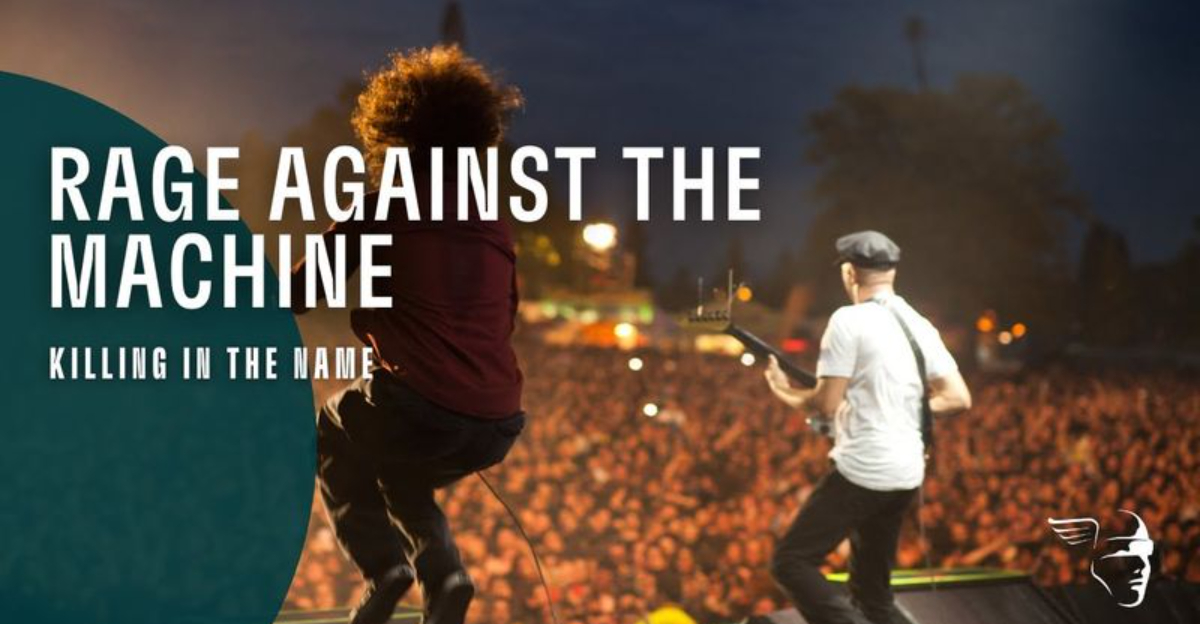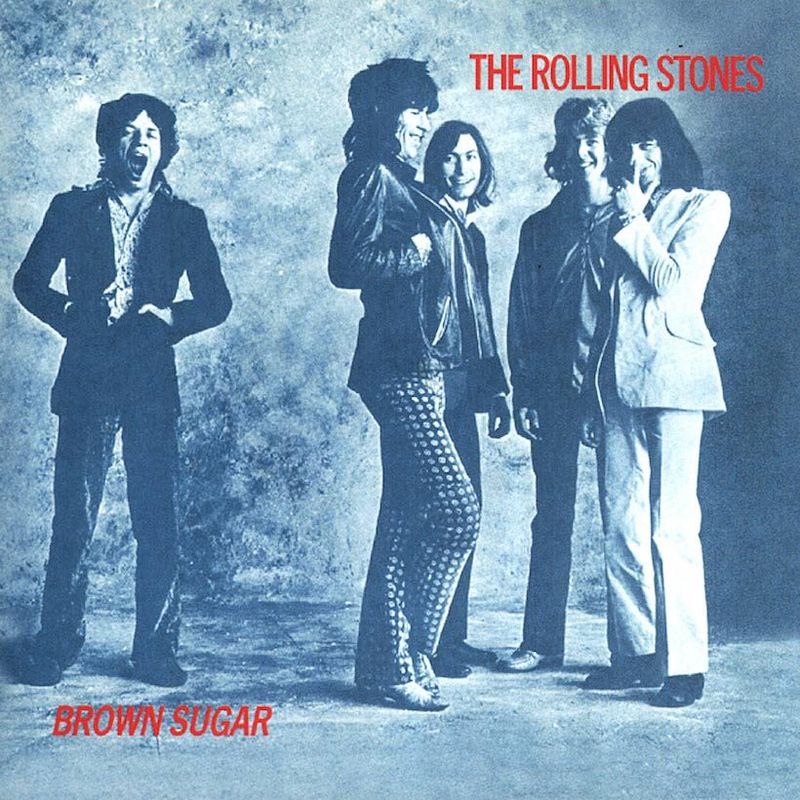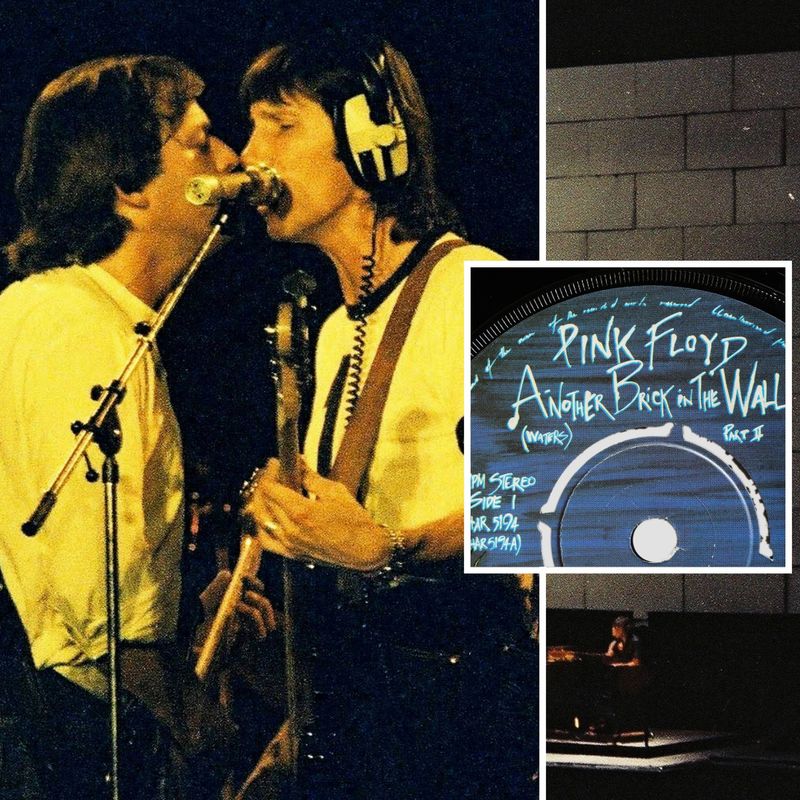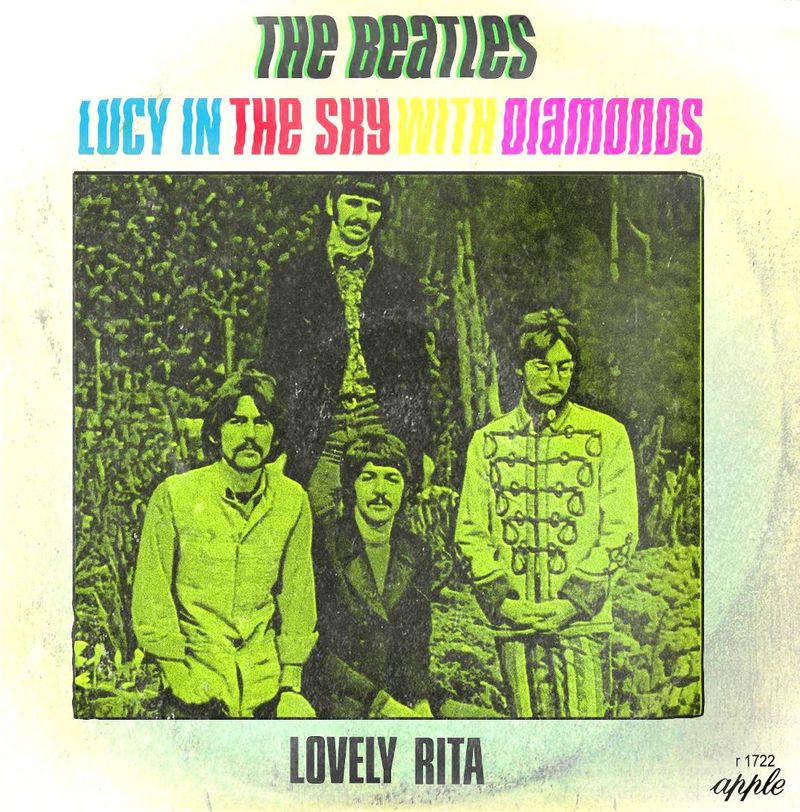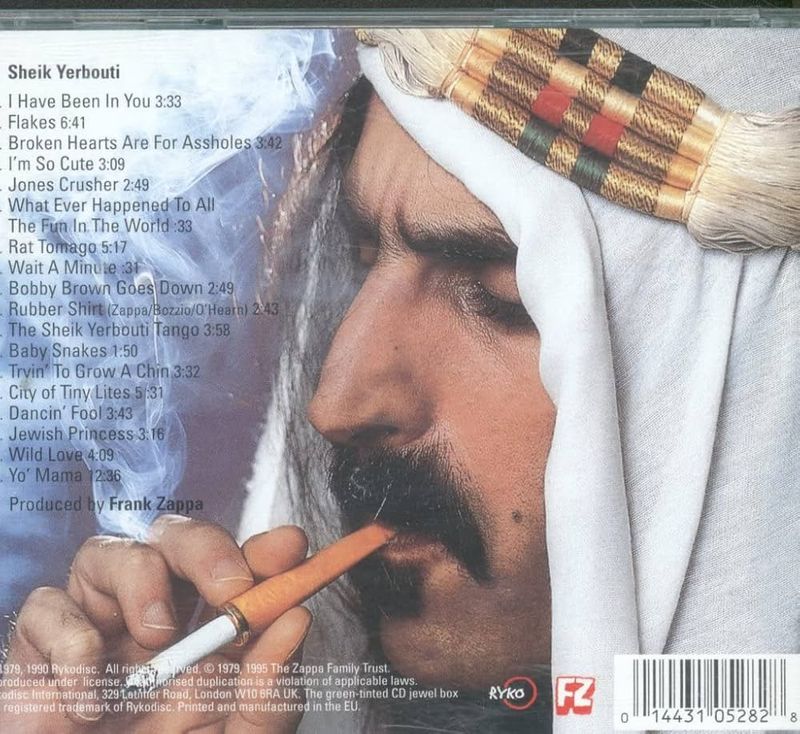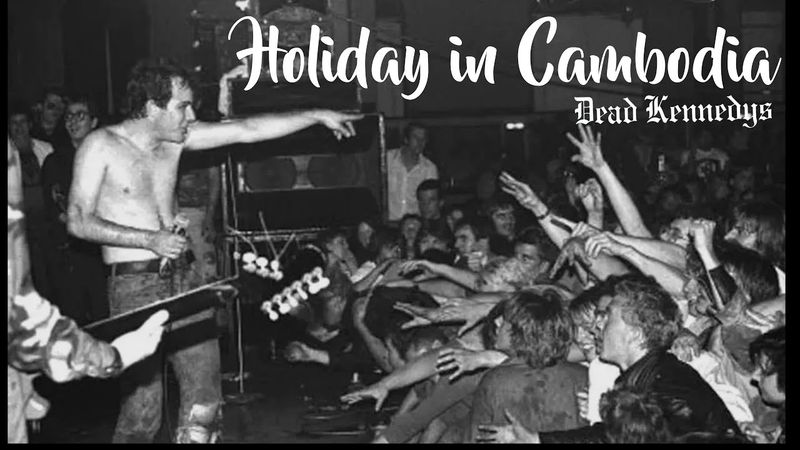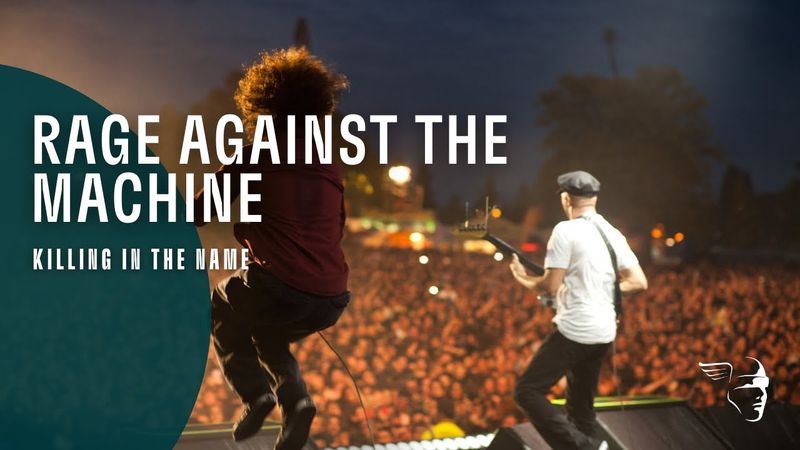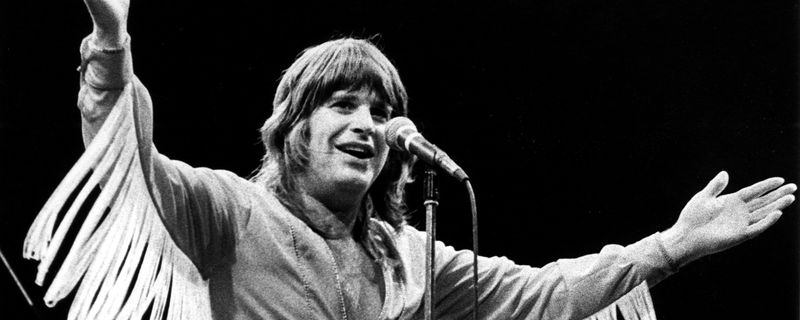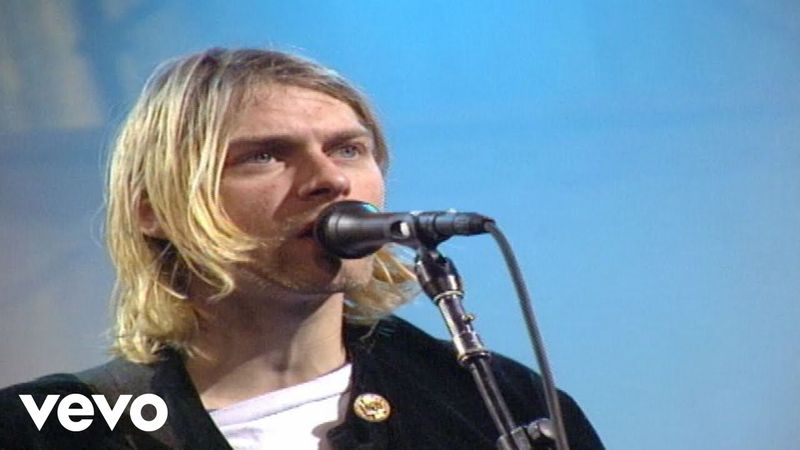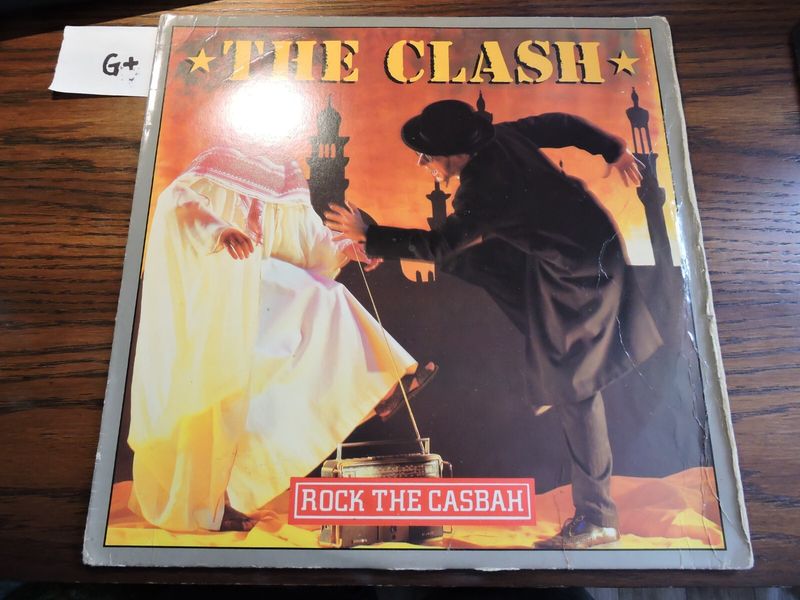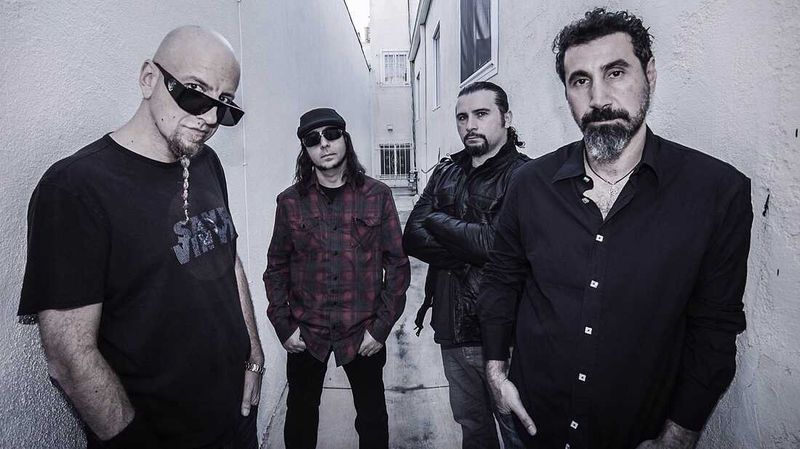Rock music has always been a powerful form of expression, often pushing boundaries and challenging societal norms. Throughout history, some rock songs have been deemed too controversial or provocative, leading to bans in various countries. This blog post explores ten rock songs that faced censorship due to their bold themes and messages.
1. The Rolling Stones – “Brown Sugar” (1971)
A raw and provocative song, “Brown Sugar” by The Rolling Stones, stirred controversy with its lyrics referencing slavery, interracial relations, and substance use. Despite its catchy riff, several U.S. radio stations and South Africa banned it for its provocative content. Mick Jagger himself acknowledged the controversy, deciding to cease performing it live. The song’s bold lyrics captured a time when rock challenged societal norms, sparking debates about artistic freedom versus public sensitivity. Its ban highlights the power of music to provoke thought and stir emotion.
2. Pink Floyd – “Another Brick in the Wall, Part 2” (1979)
An anthem of defiance, “Another Brick in the Wall, Part 2” by Pink Floyd resonated as a protest song against authoritarian education systems. Its chorus, “We don’t need no education,” turned into a rallying cry for students under apartheid in South Africa. The regime banned it, fearing it would incite rebellion. This track embodies the spirit of resistance, showcasing how music can become a voice for the oppressed. Its ban underscores the impact of art in challenging unjust systems and inspiring social change.
3. The Beatles – “Lucy in the Sky with Diamonds” (1967)
A kaleidoscope of imagery, “Lucy in the Sky with Diamonds” by The Beatles, faced scrutiny for its alleged drug references. Though John Lennon claimed inspiration from a child’s drawing, the BBC and U.S. radio initially banned it, suspecting connections to LSD. This whimsical track, adorned with vivid imagery, reflects the era’s psychedelic culture. The controversy surrounding it highlights the tension between artistic expression and societal norms. Its ban exemplifies the challenges artists face when breaking new ground in creative storytelling.
4. Frank Zappa – “Jewish Princess” (1979)
Frank Zappa’s “Jewish Princess” stirred significant controversy for its perceived anti-Semitic content. Despite Zappa’s defense of the song as satire, it faced a ban in Israel. Known for pushing boundaries, Zappa’s work often challenged societal norms. The track’s ban underscores the complex balance between satire and offense in artistic expression. Zappa’s defense highlights artists’ struggle to maintain creative freedom while addressing sensitive subjects. This ban exemplifies the ongoing debate about the limits of satire and humor in art.
5. Dead Kennedys – “Holiday in Cambodia” (1980)
With blistering critique, “Holiday in Cambodia” by Dead Kennedys targeted Western apathy towards Pol Pot’s regime. Its sharp lyrics and punk energy made it a rallying cry for awareness, yet ironically, the Khmer Rouge likely would have banned it. The song mocks the disconnect between privileged society and global atrocities, showcasing punk’s raw power to provoke thought. Banned in Cambodia under the Khmer Rouge, the track symbolizes the risks artists face when confronting political realities. Its rebellious spirit endures as a voice against oppression.
6. Rage Against the Machine – “Killing in the Name” (1992)
Rage Against the Machine’s “Killing in the Name” became an anthem for defiance, known for its explosive chorus. Following 9/11, U.S. military radio and some U.K. stations deemed it too incendiary. The song’s raw energy and rebellious spirit unite listeners against authority, embodying the power of music to challenge societal norms. Its ban highlights the tension between free speech and perceived threats to order. Despite controversy, it remains a powerful symbol of resistance and freedom, continuing to inspire anti-establishment movements globally.
7. Ozzy Osbourne – “Suicide Solution” (1980)
Ozzy Osbourne’s “Suicide Solution” faced bans after a teen’s tragic death, allegedly influenced by the song. Parents accused it of subliminal messaging, but courts ruled the lyrics metaphorical, addressing alcoholism, not suicide. This controversy highlights the delicate balance between artistic interpretation and public perception. Despite bans in parts of the U.S. and Canada, the song remains a poignant exploration of despair. The debate over its meaning underscores ongoing concerns about music’s impact on vulnerable listeners, reflecting broader conversations about art’s role in society.
8. Nirvana – “Rape Me” (1993)
A bold statement against sexual violence, Nirvana’s “Rape Me” sparked controversy with its provocative title. MTV banned it, and retailers refused to stock it, fearing backlash. Kurt Cobain insisted it was an anti-rape anthem, highlighting society’s hypocrisy. The song’s raw emotion and grunge aesthetic challenge listeners to confront uncomfortable truths. Its ban underscores the power of music to provoke important social discussions. This track remains a testament to Nirvana’s fearless exploration of taboo subjects, reinforcing music’s role in both reflecting and shaping culture.
9. The Clash – “Rock the Casbah” (1982)
“Rock the Casbah” by The Clash challenged Middle Eastern dictators banning Western music. Ironically, Iran, Iraq, and Saudi Arabia banned it, proving its point. The song’s infectious energy and rebellious spirit spotlight the absurdity of censorship. Its ban highlights music’s role in challenging authority and advocating for freedom. The Clash used humor and catchy tunes to critique oppressive regimes, demonstrating the power of art to inspire change. This track continues to resonate as a symbol of resistance, highlighting the enduring fight against censorship.
10. System of a Down – “P.L.U.C.K. (Politically Lying, Unholy, Cowardly Killers)” (1998)
System of a Down’s “P.L.U.C.K.” condemned the Armenian genocide, leading to a ban in Turkey, which denies the event. The song’s bold stance showcases music’s ability to confront historical injustices. Its intense energy and poignant lyrics highlight the band’s commitment to raising awareness about human rights violations. This ban underscores the challenges faced by artists addressing contentious historical narratives. “P.L.U.C.K.” remains a powerful testament to the power of music as a platform for truth and justice, continuing to inspire advocacy for acknowledgment and change.
